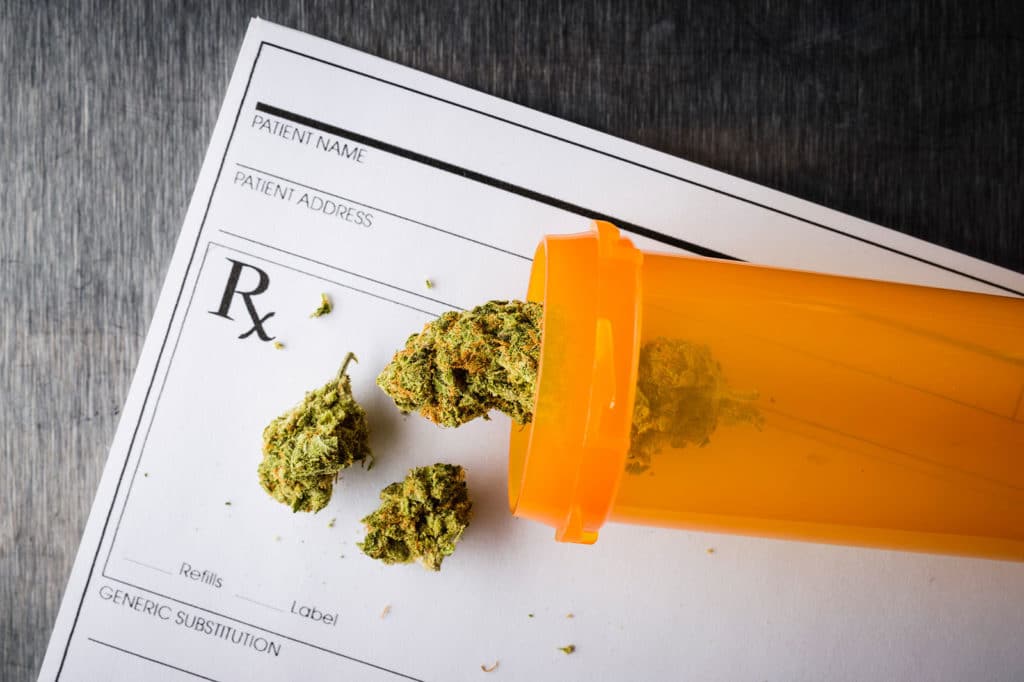
Table of Contents
Are High Words Sober Thoughts
Euphoria is an intense feeling of happiness or excitement. That’s the definition provided by Merriam-Webster, and it’s a definition that helps to explain why so many Americans abuse drugs, alcohol, or both. Many people turn to these substances when they feel like they can’t cope with life’s struggles and want a quick escape. But over time, that occasional desire to escape reality turns into something so habitual that it leads to addiction, affecting mental health conditions, resulting in mental illness and sacrificing the wellness and well-being of an individual.
To put into perspective the gravity of the substance abuse problem in the U.S., we only need to look at a study published by the Association of American Medical Colleges. According to researchers with this nonprofit organization based in Washington, D.C., more than 21 million Americans are struggling with at least one addiction. Sadly, only 10% of individuals living with such struggles receive the treatment necessary to break the cycle of addiction, say the same researchers.
TL;DR: Being high can lower inhibitions and amplify emotions, which may cause people to express thoughts or feelings they normally suppress—so in some cases, yes, your “true” feelings might come out, but they can also be distorted by the effects of the substance.
Why Euphoria Makes It Difficult for Some People To Overcome Addiction
Even those with the strongest will sometimes succumb to addiction, and the euphoric high that is part and parcel of nearly all illicit substances has a lot to do with why. To appreciate why this is, it helps to know more about what happens in the mind and body when someone indulges in specific drugs.
Opioids
When discussing substance use disorders (SUDs) in America, opioids must be part of that discussion. The reason is due to its negative effects on the lives of so many people. According to one study from the National Institutes of Health (NIH), some 3 million Americans have an opioid use disorder (OUD). A separate study from the same organization revealed that nearly 70,000 Americans die from overdosing on opioids each year. Opioids, both prescription and street-level variants, namely heroin, can trigger an intense euphoric high because of how they interact with receptors in the brain. In short, opioids attach to receptors in the brain, and that attachment triggers a release of endorphins and dopamine, both of which are “feel good” chemicals. For many people, this rush of feel-good chemicals gives way to feelings of calmness and relaxation so intense that they begin to behave differently. Sometimes, that includes expressing feelings they would ordinarily suppress.
Stimulants
Whether it be methamphetamine, cocaine, or prescription-based amphetamines, stimulants are a problem for many people in the U.S. and, arguably, worldwide. Available data shows 6.6% or roughly 16 million people in the U.S. have a problem with stimulants. Although the mechanism is slightly different compared to opioids, stimulants also alter dopamine levels in the brain. But it does not stop there as they also interfere with norepinephrine levels, a neurotransmitter that works with adrenaline to help regulate heart rate and blood circulation. Increased levels of norepinephrine are behind the increased alertness, attention, and energy that most experience when they abuse stimulants. The increase in dopamine, meanwhile, triggers a calm euphoria that makes some people not only become more talkative but also drives them to behave differently.
Cannabis or Marijuana
Despite becoming more accepted and less taboo, marijuana is still a drug at the end of the day. And it can affect the brain in some pretty profound ways. The ingredient in marijuana triggers the euphoric high most marijuana users experience when they smoke or consume it as an edible (marijuana or CBD edibles) such as tetrahydrocannabinol (THC). The higher the concentration of THC in the marijuana, the more intense the euphoric high will be. Likewise, the more calm and relaxed an individual will likely be. These changes in overall mood resulting from the THC in marijuana can sometimes make people more talkative, friendly, and open than they would be if they weren’t under the influence of THC.

All substances can, to some degree, change how people think, act, and generally experience life, but some are more likely to force truthfulness out of them. These drugs include
Alcohol
Although seldom thought of as such, probably because it is so easily accessible, alcohol is, indeed, a drug. Moreover, it is a drug that affects the lives of a large percentage of Americans. According to the National Institute on Alcohol Abuse and Alcoholism, around 15 million Americans said they had an alcohol use disorder (AUD) in 2019. These same individuals also said they found it difficult to suppress their true feelings when under the influence. And this only lends credence to a famous quote by French philosopher Jean-Jaques Rousseau, “a drunk mind speaks a sober heart.” The long and short-term effect of drinking alcohol, to the point that one becomes drunk, affects the gamma-aminobutyric acid (GABA) receptors in the cerebral cortex and the central nervous system. When this happens, most individuals become less inhibited. That lower inhibition leads to them saying and doing things they wouldn’t typically do sober. Available data shows people are more likely to express feelings of love or bitter resentment while intoxicated. They are also more likely to become verbally or physically aggressive.
Barbiturates
While they don’t get the same attention as alcohol, opioids, and stimulants, barbiturates are also a problem in the United States. As of the writing of this article, an estimated 6 million Americans take barbiturates explicitly to achieve a euphoric high. Examples of barbiturate drugs include amobarbital, butabarbital, pentobarbital, and sodium pentothal. The only barbiturate that scientists and researchers have looked at for the possibility of “truth-telling” properties is sodium pentothal. For those unaware, sodium pentothal is a drug that slows down how quickly messages travel through the brain and spinal column; this slowdown helps individuals with insomnia fall asleep. Before falling asleep, however, they meander between consciousness and unconsciousness. During this back and forth, they enter a stage called twilight. When in this stage, individuals are less inhibited, more talkative, and more inclined to share their true feelings with others.
Benzodiazepines
Most would agree benzodiazepine drugs can be a blessing and a curse. They are a blessing for those who struggle with anxiety, depression, and insomnia. However, they are an absolute curse for those who develop an addiction or struggle with unpleasant side effects after taking them. Some of the most commonly prescribed and abused benzodiazepine drugs include the following:
- Ativan
- Klonopin
- Librium
- Temazepam
- Valium
- Xanax
Like many other drugs, benzodiazepines work by ramping up the production of gamma-aminobutyric acid (GABA) in the cerebral cortex. This uptick in GABA production slows down central nervous system activity, which has a calming effect that quickly puts an end to feelings of anxiety, depression, and sleeplessness. Whether someone abuses these powerful prescription-based drugs or takes them as directed, they experience some side effects, one of which is an unyielding desire to be more talkative. And this can lead to some people allowing their true feelings to come out when engaging with others. Additional side effects associated with benzodiazepine drugs include the following:
- Emotional release
- Restlessness
- Intense feelings of euphoria

Conclusion
In summary, along with completely upending your life, substance abuse can cause you to reveal more about yourself and your life than you would probably ever willfully want to share with another human being. With that all being said if you’re interested in getting your life back on track and being more in control of what you share with others and need help finding a rehab facility in your area, consider speaking with a Garden State Detox associate today.
FAQ
When your high do your true feelings come out?
Published on: 2023-01-31
Updated on: 2025-04-12


